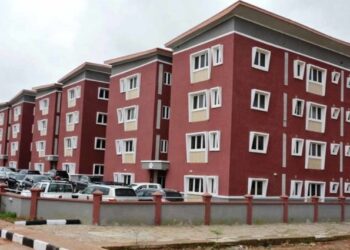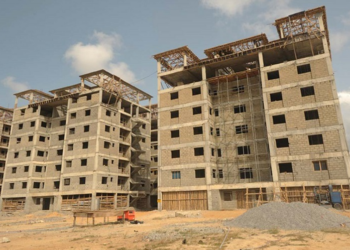One of the key elements that affect an organization’s expansion or profitability is its financial sustainability.
It assesses the viability of a resource investment to determine its likelihood of success.
With regard to financial sustainability, a proper evaluation of enough funds to meet up with the resources and duties required to produce a positive impact is made.
When there is an enabling environment built on capitalized value and sound planning, financial sustainability becomes efficient. In order to assess risks and opportunities for expanded plans that support growth, it is crucial to take into account non-financial implications and repercussions on financial sustainability in line with the Environmental, Social, and Governance (ESG) goals.
Financial sustainability across industries is essential for achieving economic growth. It increases corporate governance effectiveness across all industries, enhancing stakeholder and shareholder value.
This assessment can be gauged by looking at the sector’s growth, its ability to prosper and contribute to overall GDP, the acceptable degree of risk exposure, and the sector’s appeal to investors.
Among the many options, the Nigerian real estate market is one of the thriving industries that has drawn attention from investors.
This is hardly surprising given Nigeria’s continued fast urbanization and population increase, which forces stakeholders to respond to the demand generated by these dynamics in real time.
The National Bureau of Statistics reports that Real Estate Services saw a nominal growth rate of 10.84% in the first quarter of 2022, up 2.79% percentage points from the growth rate recorded for the same period in 2021 and up 7.35% percentage points from the Quarter before.
This graph demonstrates how the industry has had a steady expansion, which is attributed to stakeholder interest and investment, making the market a possible foundation for the financial sustainability of the opportunities brought about by the population bases of the various countries.
The stabilization of the macroenvironment is one of the long-term national priorities that PwC claims sustainability transcends into operations in addition to financial considerations.
Industrialization and commercial real estate strategies can help with this.
Modern economic development and growth are enhanced by industrialization, and with the correct infrastructure, there is high productivity that influences a nation’s ambition for globalization. More investments will be attracted by the property’s potential for new and growing firms.
However, there needs to be a framework in place to react to consumer patterns in order to absorb a steady buildup of financial sustainability. Currently, customers’ decisions are heavily influenced by innovation, which results in them spending money on homes that live up to their expectations and preserving the industry’s financial sustainability.
The Real estate market is important for the growth of the economy and society, but it occasionally experiences crises that have an impact on both direct and indirect investments.
These include issues that have an influence on both direct and indirect investment, such as inflation, restrictions on foreign exchange, and a lack of investor control.
Despite these issues, real estate continues to be a key platform for enhancing long-term impact and expectations across a range of investment options.
Real estate with efficient financial sustainability has an overall impact on the industry, including sustainable cities, sustainable buildings, and sustainable infrastructure.
The real estate industry is in line with UN Sustainable Development Goal 9, which is focused on developing resilient infrastructure, encouraging sustainable industrialization, and fostering innovation, by having a philosophy driven by the resolve to steer sustainability through innovation and recreating a housing framework that is simple, secure, and profitable.
Innovation, which should be a central component of the sector’s investment strategy and focused on user expectations and experience in merging the physical and the digital, is bred by financial sustainability.
The real estate industry is changing, therefore finding answers to its problems will require novel approaches. In essence, it will enhance life and broaden experiences with property management.
Demand can be satisfied to have an impact on other sectors by providing a platform to improve industrialization through effective infrastructure in response to the needs of the expanding population.
The real estate sector will offer greater investment opportunities for both residential and commercial effects with financial sustainability.
Future real estate will see quick changes, with an emphasis on certain terrains that can adapt to different macroeconomic circumstances for sectoral development.
Financial sustainability will continue to be a driving force behind these decisions.
Shola Bello is the Managing Director at Landwey, a leading and reputable real estate and property development company.























